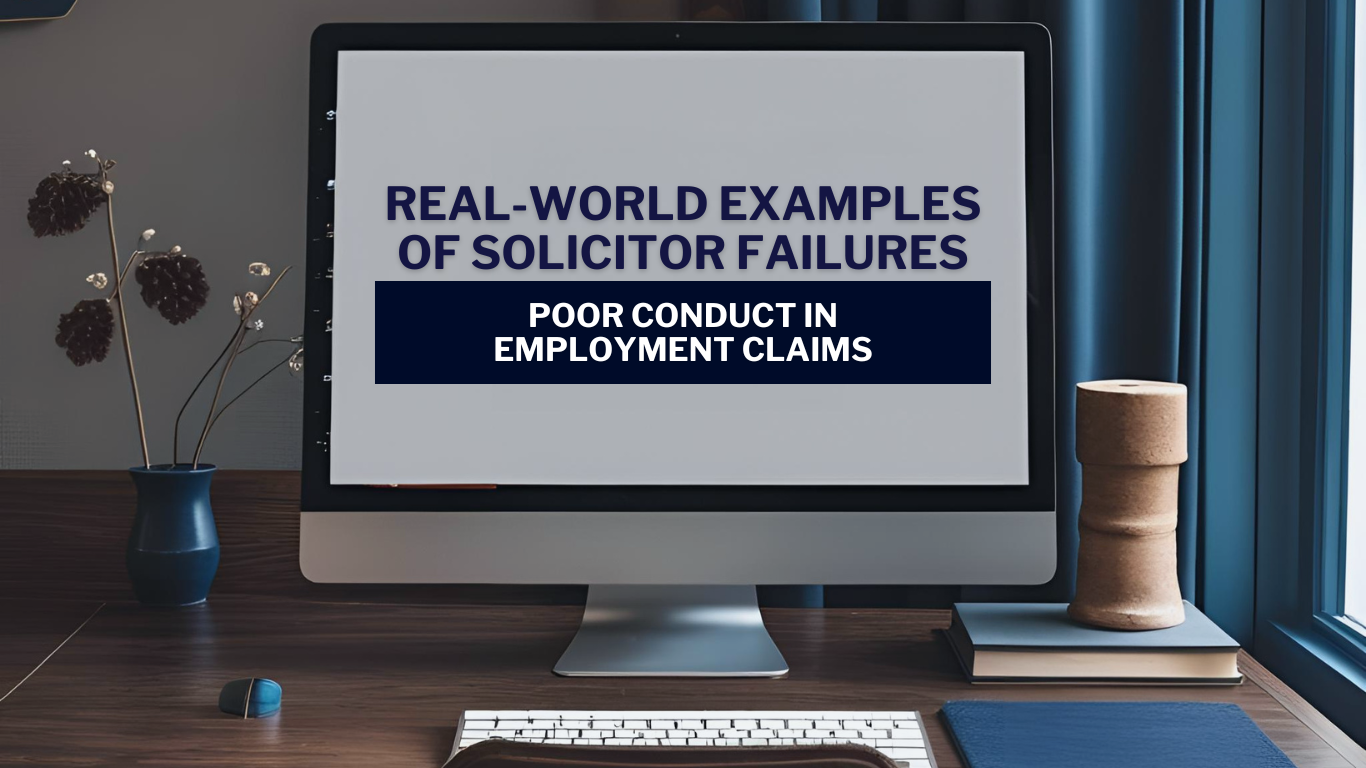By Nagesh Jain
•
min read


The UK has long been an attractive destination for businesses and entrepreneurs due to its robust economy and strategic location. However, the landscape of business immigration in the UK faces several challenges that can complicate the path for businesses and entrepreneurs wishing to establish themselves in the country.
Complex and Changing Regulations
The UK's immigration policies have undergone significant changes, particularly following Brexit. The end of free movement with the EU has led to a more complex regulatory environment. Businesses now face a myriad of visa categories, each with its own set of requirements. The frequent updates to immigration rules can create uncertainty for businesses planning long-term investments and expansions in the UK.
High Costs and Financial Barriers
The financial burden associated with securing a business visa in the UK can be substantial. Application fees, healthcare surcharges, and sponsorship costs add up, making the process expensive for small and medium-sized enterprises (SMEs) and startups. This financial barrier can deter innovative businesses from setting up in the UK, potentially stifling economic growth and innovation.
Lengthy Processing Times
The time taken to process visa applications is another significant issue. Lengthy processing times can disrupt business plans, delaying crucial projects and impacting timelines. The uncertainty associated with waiting for visa approvals can also affect the ability of businesses to attract international talent quickly.
Skilled Worker Shortages
Despite the introduction of the points-based immigration system, some sectors still face skill shortages. The system prioritizes high-skilled workers, which can leave gaps in industries that rely on mid-skilled positions. This shortage can hinder business operations and growth, as companies struggle to fill critical roles.
Sponsorship Difficulties
The sponsorship system requires businesses to have a sponsor license to hire foreign employees. Obtaining and maintaining this license involves compliance with strict regulations, which can be daunting for smaller businesses. Non-compliance can lead to severe penalties, including the loss of the ability to sponsor foreign workers.
Limited Pathways for Entrepreneurs
The UK’s current immigration system offers limited pathways for entrepreneurs. The closure of the Tier 1 (Entrepreneur) visa and its replacement with the Innovator and Start-up visas have not fully addressed the needs of aspiring business owners. The criteria for these visas are often seen as stringent and restrictive, potentially discouraging entrepreneurial talent from relocating to the UK.
Impact of Political Climate
The political climate in the UK can also affect business immigration. Political debates around immigration often influence policy changes, adding a layer of unpredictability to the process. Businesses may find it challenging to navigate these shifts, especially those that rely heavily on international talent.###
Conclusion
Addressing these challenges is crucial for the UK to maintain its competitive edge in attracting global businesses and talent. Streamlining processes, reducing financial barriers, and providing clearer pathways for entrepreneurs could help enhance the business immigration landscape. By tackling these issues, the UK can continue to be a hub for innovation and economic growth in the global market.
If you would like legal advice on Immigration or further information on any or the above, please contact Nagesh below.
Get in touch